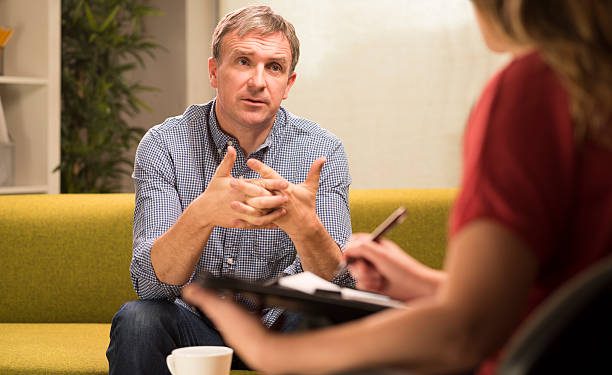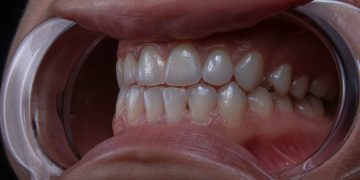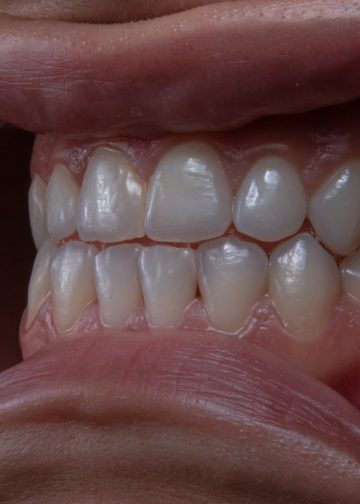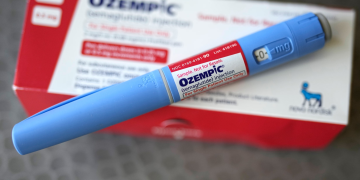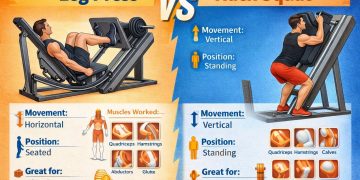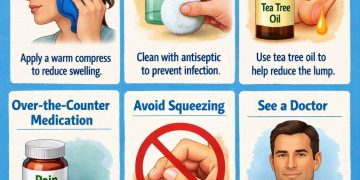There are a large number of us across the country who are currently battling our addictions. The likes of alcohol, gambling and drug addiction are all on the rise, and seeking out rehab is so vitally important to getting lives back on track.
Taking part in addiction counselling is a big part of that, and there’s an awful lot you can learn about yourself by going through it.
It can be an incredibly important aspect of your treatment and recovery, so if you are struggling and are considering rehabilitation for addiction, here are five essential things you’ll learn about yourself through the counselling process…
Understanding Trigger Points and Cravings
One of the key elements of counselling is to understand the trigger points and cravings. What is causing your addiction? Are there certain people, emotions, places, situations that are trigger points.
Essentially it’s getting down to the root causes of addictive behaviours and identifying certain patterns that can then be used to manage an addiction more effectively.
From there, counselling can then be used to set up healthier coping mechanisms to deal with such triggers.
Explore Underlying Emotions and Trauma
While things such as a stressful job can be a trigger point for addiction, you may find that counselling unlocks some underlying emotions and traumas that have contributed to their addictive behaviours.
That could be from much earlier in life, such as childhood even, and by confronting that in therapy you can begin the healing process and start learning to let go and cope in a more constructive manner.
Identify Negative Thought Patterns
Throughout your therapy, counsellors will help individuals recognise and challenge the negative thought patterns that could be contributing further to addiction.
These are often mental health challenges such as anxiety, depression, low self-esteem and any sense of unworthiness.
Therapies such as cognitive behavioural therapy can empower people to reframe those thoughts into something more adaptive and constructive which can promote much healthier behaviours and improve well being greatly.
Champion Self-Awareness and Self-Compassion
Following on from the above, addiction counselling will help you champion self-compassion and encourage you to develop an acceptance of yourself, the situation and not beat yourself up about it.
In addiction counselling, you can recognise strengths and weaknesses, vulnerabilities and limitations and appreciate them with kindness and understanding, which are both huge tools for overcoming addiction.
Create Effective Coping Strategies
Finally, addiction counselling will allow you to discover a more effective way to cope with life’s challenges. It equips you with healthier coping strategies away from the likes of alcohol and drugs. These can range from the likes of mindfulness to exercise, being creative and utilising support networks.
By practising these and continuing to check in with therapy, you can approach your recovery and in turn any periods of stress or discomfort with a much healthier method of overcoming them.
Addiction counselling can truly be life changing, so if you believe your relationship with something is becoming unhealthy and potentially addictive, reach out and get the help you need to navigate your way through life in a much more effective manner.


